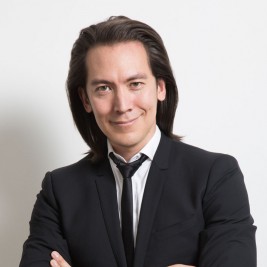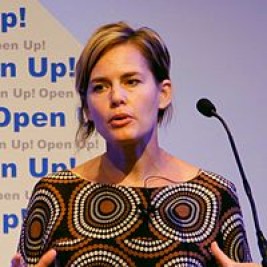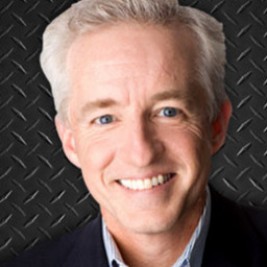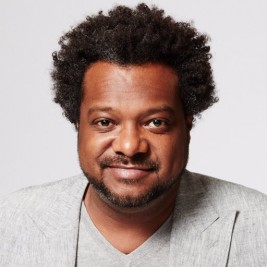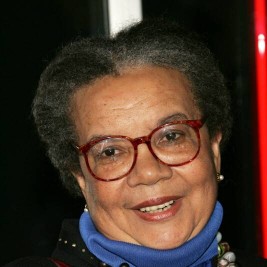
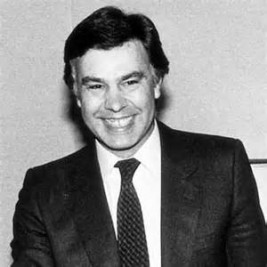
Corporate Appearances, Speaking Engagements, Autograph Signings, Endorsements, VIP Meet & Greets, Store Grand Openings
Book Felipe Gonzalez Marquez for a Speaking Engagement
Businesses, Non-profit organizations, event planners and companies across the country have worked closely with our booking agents to hire Felipe Gonzalez Marquez for a speaking engagements, guest appearances, product endorsements and corporate events. Many of those same clients have continued to turn to our speakers bureau as we can easily align Felipe Gonzalez Marquez’s availability with their upcoming seminar, gala, annual conference, corporate function, and grand opening. Our close relationship with Felipe Gonzalez Marquez’s booking agent and management team further enables us to provide inquiring clients with Felipe Gonzalez Marquez’s speaking fee and appearance cost.
If your goal is to hire Felipe Gonzalez Marquez to be your next keynote speaker or to be the next brand ambassador our celebrity speakers bureau can assist. If Felipe Gonzalez Marquez’s booking fee is outside your companies budget or your unable to align with his appearance availability, our booking agents can provide you a list of talent that aligns with your event theme, budget and event date.
Prime Minister of Spain from 1982 to 1996, Felipe González Márquez (born 1942) helped lead Spain into the European community of nations.
Felipe González Márquez was born on March 5, 1942, in Seville, the largest city in western Andalusia in the south of Spain. His father, Felipe González Helguera, bought and sold cattle and owned a small dairy in a lower-middle-class district of Seville. His mother, Juana Márquez, was, in her son's words, "the driving force of the family."
The particular period of Spanish history in which González grew up had a decisive influence on what were later to be his ideological beliefs. Between 1936 and 1939 Spain had suffered an horrific civil war, resulting from a military rising that overthrew the reformist government elected to power in February 1936. Under the ultraconservative regime established by General Francisco Franco at the end of the war in 1939, all political parties and trade unions were banned except those organized by the state. All forms of dissent were prohibited. González was born at a time when Spanish prisons were full to overflowing with political prisoners. Thousands of people had been executed since the end of the war because of their liberal beliefs. In his neighborhood in Seville lived a number of former political prisoners who had served their sentences in a nearby Francoist labor camp. Finally, the 1940s were years of extreme hardship. The combined effects of the civil war, the subsequent world war, the Francoist policy of economic autarchy, and a long, severe drought brought shortages of even the most basic necessities of life. Spaniards refer to the 1940s as "the hungry years."
During those years González attended a school run by Claretian priests, then entered the Faculty of Law at Seville University. There he was soon influenced by the highly politicized atmosphere which characterized Spanish (and other European) universities in the 1960s. In 1962 he joined the illegal and secret Socialist Youth movement and, two years later, the equally clandestine Spanish Socialist Workers' Party (PSOE). It was also at Seville University that he met Carmen Romero López, whom he married in 1969.
By the mid-1960s the economic and social situation in Spain had changed considerably from the hunger and scarcities of the 1940s. The Franco regime had abandoned autarchy and Spain had been reincorporated into the world capitalist system. Politically, however, the regime had not changed at all. Strikes were illegal, but became increasingly frequent in these years, as did demonstrations, go-slows, lock-outs, unfair dismissals, and numerous other manifestations of conflict between employers and workers. When González graduated from Seville University in 1966, he set up the city's first labor counseling office and, as a lawyer specializing in labor cases, acted on behalf of the employees in various parts of the country in some of the most important disputes of the time.
While he was advancing his professional career, González was also gaining a name for himself as a member of the clandestine Socialist party. In 1939 most of the party's surviving leaders had left Spain for exile. Inside the country a minimal organizational structure managed to keep going, from which new leaders began to emerge. Felipe González was one of this new generation of activists. In 1965 he became a member of the Seville provincial committee and, later, of the national committee. In 1970 the PSOE held its 11th congress and González was elected to the party's most important internal body, the executive commission. By then González and his contemporaries in the PSOE felt increasingly uncomfortable with an aging exiled party leadership that seemed to be divorced from the realities of contemporary Spain.
In 1974 at the 13th party congress held at Suresnes near Paris, González was elected as the party's first secretary-general. His election represented the triumph of the "new" PSOE over the "historic" sector. It also constituted the recognition of González as a major figure within the Spanish socialist movement and the beginning of a new phase in his political career. As leader of the PSOE (with the nom de guerre "Isidoro") his political responsibilities and activities had already increased when, in November 1975, General Franco died, opening the way to the legalization of a multiparty system in Spain. Throughout 1976 González traveled widely in Europe discussing the political future of Spain and of the PSOE with the leaders of other European socialist parties. He established particularly strong links with the West German Social Democratic party. At home he participated in negotiations between the centrist government of Adolfo Suárez and the opposition parties which were designed to achieve consensus on the need for moderate reformist policies, rather than radical change, in order to ensure a peaceful transition to democratic rule. When the first free elections in 41 years were held in June 1977 the PSOE became the main opposition party in the Spanish Cortes (parliament).
Under the leadership of González, the PSOE worked to consolidate Spain's nascent democracy and to increase its own appeal to the progressive, but moderate, sectors of Spanish society. In May 1979 at the 28th party congress, González resigned as secretary-general when the majority of the delegates rejected his motion that the word "Marxist" be dropped from the party's definition of itself. Four months later, however, at an extraordinary congress, he was reinstated and the motion was carried. Giving the party a social democratic image earned González criticism from the left wing of his party, but it paid dividends with respect to the electorate. In October 1982 the PSOE won a landslide victory at the polls and González became Spain's first Socialist prime minister since 1939.

Let our team of booking agents help create a memorable experience with hiring Felipe Gonzalez Marquez for your store grand opening, golf outing, trade show booth or corporate outing.
NOPACTalent acts as a Celebrity Speakers Bureau and Athlete Booking agency for corporate functions, appearances, private events and speaking engagements. NOPACTalent does not claim or represent itself as Felipe Gonzalez Marquez’s speakers bureau, agent, manager or management company for Felipe Gonzalez Marquez or any celebrity on this website. NOPACTalent represents organizations seeking to hire motivational speakers, athletes, celebrities and entertainers for private corporate events, celebrity endorsements, personal appearances, and speaking engagements.



